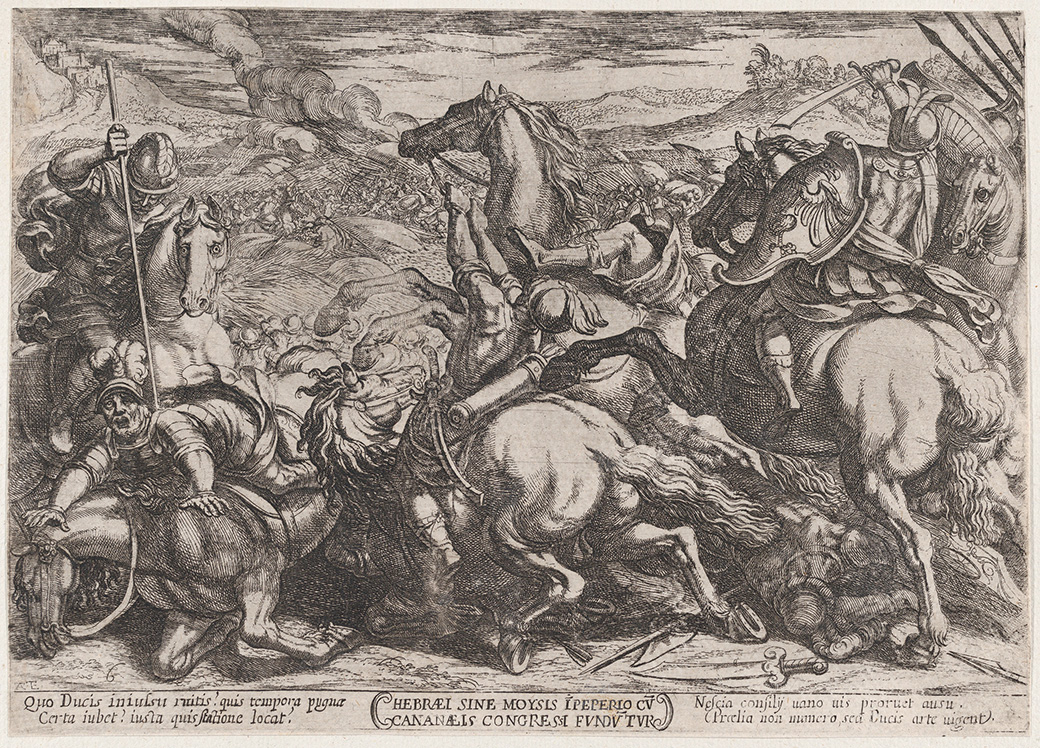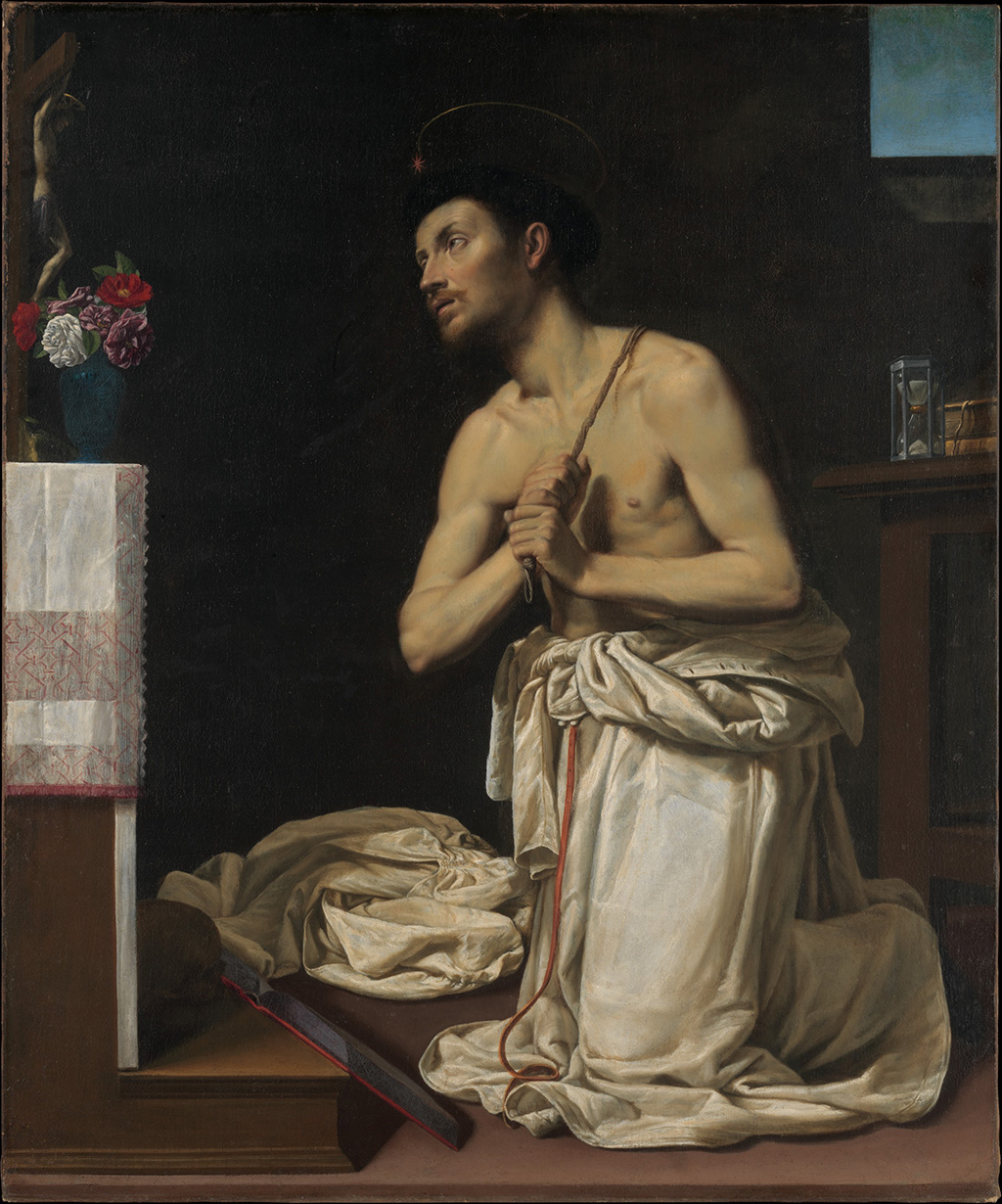Ash Wednesday: Joel 2:12-18, 2 Corinthians 5:20-6:2, Matthew 6:1-6, 16-18
The readings today certainly set the stage for Lent, as you’d imagine they might on Ash Wednesday. In the gospel reading, Jesus instructs on the appropriate way to pray and fast. This is part of his long sermon that starts with the Beatitudes, taking up three full chapters in Matthew’s gospel. But let’s take our time and see how today’s first two readings tell us why we might be praying and fasting in the first place.
The book of Joel uses lovely language to portray some rather drastic times for the Jewish people. A plague of locusts (some scholars claim this is an allegory for invading armies) has so devastated the land that there is no grain in the fields nor even viable wilderness pasture either thanks to wildfires. The land is ruined, “the ground mourns.” Then the prophet Joel speaks of impending doom, “the day of the Lord,” when the Lord brings an innumerable, unstoppable army upon them. This horrible apocalyptic vision ends with: “Truly the day of the Lord is great; terrible indeed—who can endure it?”

And that’s the lead up to what we read today. Despite opening with complete despair, we hear undeniable hope from Joel, “Even now, says the LORD, return to me with your whole heart, with fasting, and weeping, and mourning; Rend your hearts, not your garments, and return to the LORD, your God. For gracious and merciful is he, slow to anger, rich in kindness, and relenting in punishment. Perhaps he will again relent and leave behind him a blessing.” Joel gives us a reason to return to God with our whole hearts: the hope that He will relent from his punishments, that is, the hope that we will be saved and be brought into his Kingdom for eternity. This trumps all of the worldly concerns of barren land and empty granaries. Joel implores the entire populace (“Assemble the elders, gather the children…”) to weep and pray for God’s mercy.
St. Paul’s words to the Corinthians are significantly different than Joel’s instructions for the Jews of his time.
As we move to the New Testament in the second reading, we enter a new world transformed by Christ. We are, ontologically speaking, new beings. St. Paul explains this beautifully elsewhere, in the letter to the Hebrews: “we have been sanctified through the offering of the body of Jesus Christ once for all … by a single offering he has perfected for all time those who are being sanctified” (Heb 10:10,14). We no longer have to keep sacrificing animals and other offerings over and over as we beg for God’s forgiveness and mercy (which he amply provides in the time before Christ). Instead, we are able to commune directly with God thanks to, and through Christ — our new way of “right relationship” with God is called the Holy Liturgy.
This is why St. Paul’s words to the Corinthians are significantly different than Joel’s instructions for the Jews of his time. Christians encounter a new perspective. The first sentence of the reading encapsulates the new reason we pray, fast, and give alms: “We are ambassadors for Christ, as if God were appealing through us.” What an exalted position, ambassadors for Christ! This means that our lives are examples to the world, showing who Christ is. And who exactly was Christ? Above all, he was perfect in devotion to his Father. Therefore, our first act as ambassadors is to embody the humility for the Father that Christ had, the desire to please Him and do His will, the focus on spiritual fortitude, not the pleasures of the world. This is why St. Paul asks the Corinthians to “be reconciled to God” so that they do not “receive the grace of God in vain.” We do this for the Father, yes, but also to grow the Body of Christ in the world.
This brings us to the words of Jesus himself. Shortly before what we read today, he says, “Do not think that I have come to abolish the law or the prophets; I have come not to abolish but to fulfill” (Mt 5:17). And, indeed, he mentions the same prescriptions that prophets like Joel and Isaiah levy upon their people: righteous deeds, giving alms, prayer, and fasting. Only now Christ is instructing us on the way in which we carry out these acts. In order for us to be good ambassadors for him, we must listen intently and understand that he perfected the law, fulfilled the law, and wishes for us to continue this fulfillment of the law as He lives in us. And so we are instructed to fervently pray, fast, give alms, and do good deeds, but to do them in a way that does not draw attention to ourselves. This self-effacement is essential for the good Christian. Why? Because Jesus reminds us in his instructions that all things should begin and end in the Father. All things should point to the Father. What will be noticed are the good works, the alms, the prayerful attitude — all of which speak of God alive in the world. What won’t be noticed is a person trying hard to look pious.

This reminds me of St. Dominic. He was known for being an enjoyable, affectionate man in an age when the religious were expected to be grimly serious. Yet he was also famous for his all-night weeping and prayer sessions in the chapel, crying for the lost souls in Purgatory, that kept up the friars in the various monasteries where he rested his head.¹ Here was a saint who actively worked all over Europe doing good deeds, praying, and preaching; in essence, being a fantastic ambassador for Christ. We also know that he was deeply penitent, praying, fasting, and even performing mortification of the flesh three times nightly. Yet those who met him enjoyed his company immensely and did not find him morose or looking like he was in the middle of constant penance. Something about the man always pointed to the goodness of God. In fact, the Dominicans gained an early reputation for being too cheerful and showy, but the order grew in all ways (friars, nuns, laypeople) exponentially.
So that we don’t forget the upshot of all of this, Jesus reminds us in today’s reading at the end of each paragraph. He repeats: “And your Father who sees in secret will repay you.” This is a great reminder of the intensely personal relationship each of us has with our God, who knows us better than we know ourselves. May we all be reconciled to Him this Lent so that we can be excellent ambassadors for Christ!
¹ I am much indebted to Simon Tugwell, OP, for any knowledge I might have about St. Dominic and the early Dominicans. If you haven’t read The Way of the Preacher (among several other excellent books), I highly recommend it.
Pingback: Fasting of the body is food for the soul